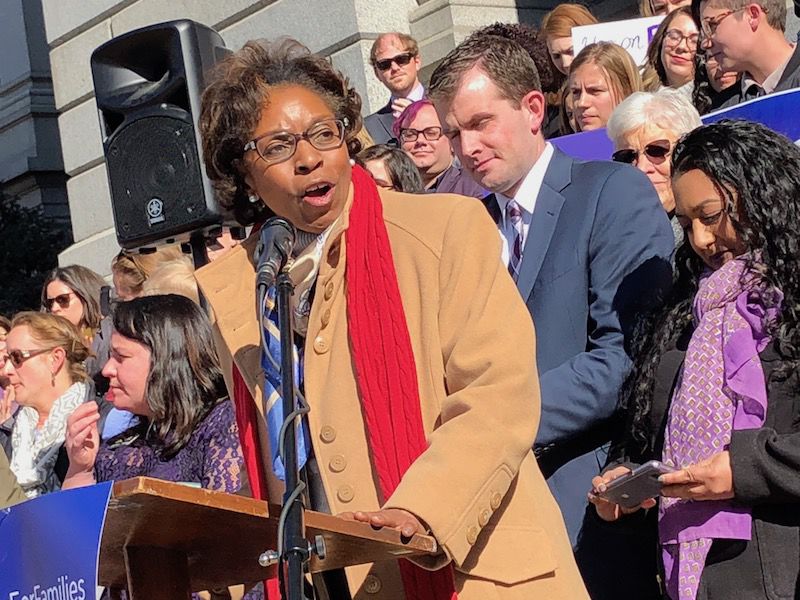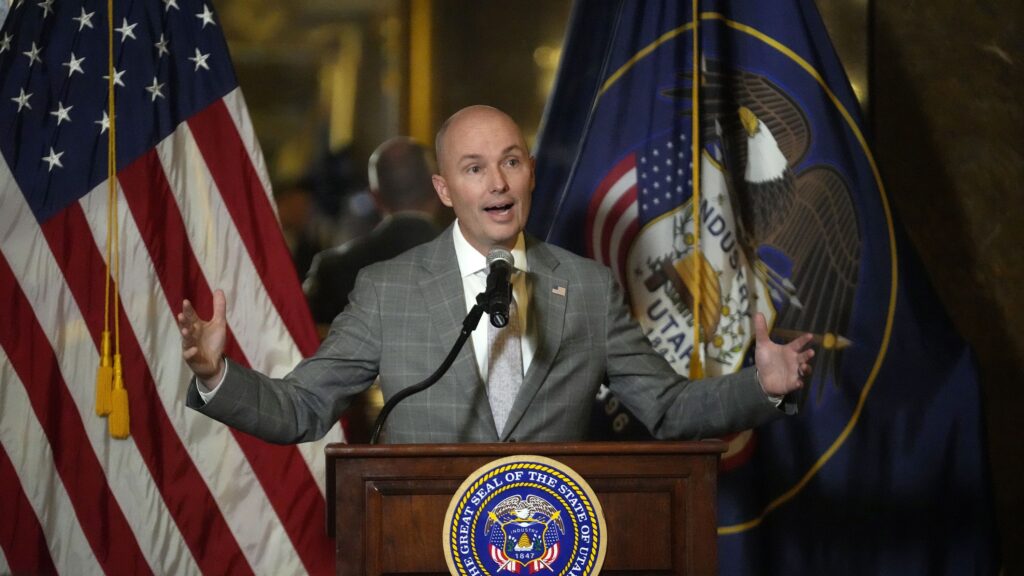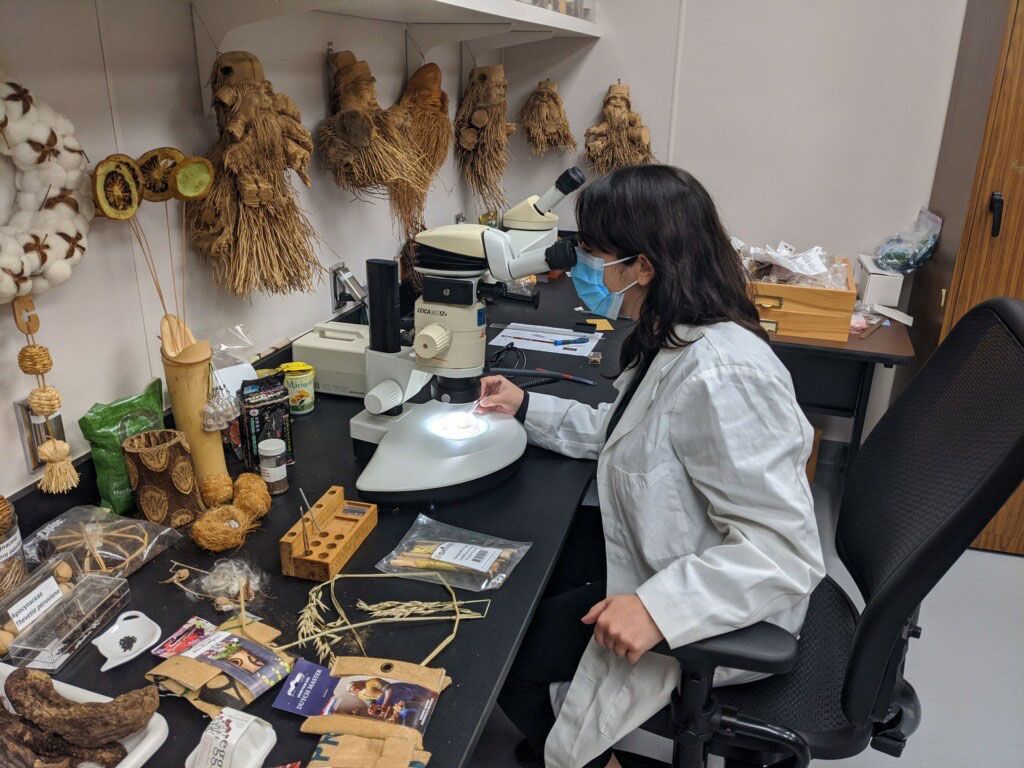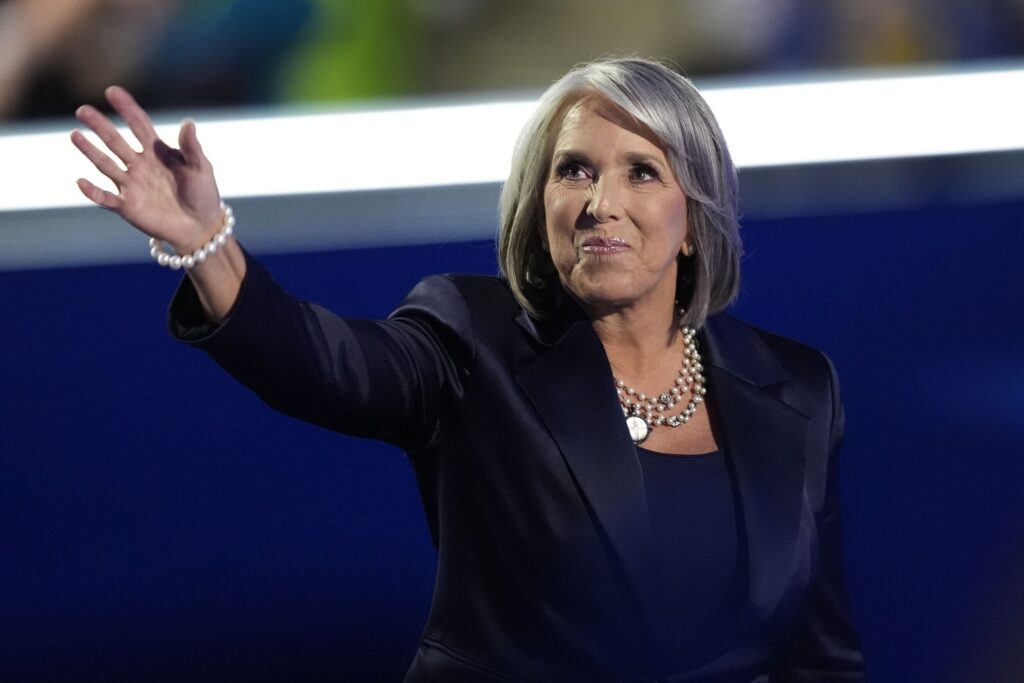Colorado paid leave passes first hearing, requires all workers buy insurance

A Democrat-led House committee gave another celebrated approval – along party lines – for a proposed family and medical leave insurance program for Colorado.
Democrats passed a leave bill out of the House last year (without a single GOP) vote last year, and it was quickly squashed by the Republican majority in the Senate, at is it’s likely to again this year.
Employees would be required pay in less than 1 percent of their salaries annually to be insured against having to take time off to take care of a family member for up to 12 weeks. To create a broad enough pool to keep costs low, everyone would have to pay in, even if even if their employer already offers medical leave.
The program would increase labor force participation, especially for women who make up most household breadwinners. For young families, family leave gives mothers time to heal and bond with their child, as well breastfeed, which has benefits, witnesses told the committee.
Leave also could ultimately decrease the number of people forced leave the workforce or rely on taxpayer-supported programs, including putting loved ones in nursing homes, proponents said Tuesday.
House Democrats designated it as their top priority and made it the first bill introduced in the chamber this session, House Bill 1001. Such measures are a high-priority for Democrats nationally to sustain or build on the #MeToo momentum of female and lower-income voters this fall, in response to Republican leadership in Washington.
One of the bill’s sponsors is Rep. Faith Winter of Westminster, who is challenging Republican incumbent Sen. Beth Martinez Humenik of Thornton in the north metro district that could, ultimately, decide whether the GOP retains its one-seat majority in the upper chamber. Democrats have a nine-seat edge in the House. Winter carried the bill last year, as well.
Near the end of the four-hour hearing Tuesday, committee member Alec Garnett, D-Denver, said he wished a solution was a bipartisan goal, short of changing the majorities in the next election.
“I wish this wasn’t partisan,” he said. “I wish we didn’t have to wait for a moment in time where we reshuffle the board and see if this can pass next year.”
Rep. Lang Sias, R-Arvada, said there are bipartisan ideas, perhaps that could be considered this session, but they do not create “a government behemoth” insurance program. Rep. Yeulin Willett, R-Grand Junction, said lots of small businesses already offer leave programs. He preferred that such an individualized approach for busienesses, “rather than the government mandating a one-size-fits-all program.”
Colorado Democrats, however, have at least one Republican in their corner. President Trump called for a federal program (paid for by the government) in his State of the Union address last week. He called it “an investment in America’s working families.”
If a federal program came about, the state program would unwind.
“I would be happy to have that problem,” another of the Colorado bill’s Democratic sponsors, Rep. Matt Gray, D-Broomfield, told the committee.
Chambers of commerce and most other business groups oppose the bill, said it would make Colorado less attractive to employers. Small businesses would face a new level of record keeping and regulatory compliance, businesses representatives told the committee.
Loren Furman, the senior vice president of the Colorado Association of Commerce and Industry, the state’s chamber of commerce, said a survey of members found many different kinds of leave programs appropriate for each business and its employees.
“Each employee’s situation is going to be different,” she said. “The best solution we see is working with those employees and seeing how we can meet those needs, based on the business that they operate (in).”
Small businesses would struggle to find skilled temporary employees for three months who would expect to have a job with the employee on leave returns, Furman. That labor force might not be available, and that could have a detrimental impact on some small companies, she warned.
Five states have implemented similar insurance programs: New York, New Jersey, Rhode Island, California and Washington, as well as the District of Columbia.
Rep. Larry Liston, R-Colorado Springs, pointed to an analysis by a conservative economist showing Colorado with a much more attractive job market than some of those states.
“Why would Colorado want to move in the direction of New York and New Jersey, when this would hurt the very people it’s meant to help” if there are fewer jobs, he said. “Why would we want to move toward the bottom rather than stay near the top?”
Winter argued that the employee-funded program is good for businesses, because it retains good employees who can return to work rather than quit to take care of a family member.
The legislation is co-sponsored by Sens. Rhonda Fields of Aurora and Kerry Donovan of Vail.
Donovan told a lunchtime rally for the bill on the Capitol steps that in the rural communities in the seven mountain counties she represents, if a person has to leave a job for a temporary family priority such as an infant or a sick family member, returning to the workforce is no guarantee, and it might mean a family has to move away to find work.
“It isn’t always an option to find another employment opportunity in a small town,” she said. “Having lost a job means you’re moving to a different community, and the impact that has on a family is self-explanatory.”
Fields promised a fight for the bill looming in the GOP-led Senate.
“I am ready to take this bill on in the state Senate,” she said to cheers at the rally. “When it comes us (Democrats) we’re going to fight for it. There are people in the building behind me who do not want to see this bill pass. They don’t want to provide benefits of paid family leave insurance to all people who live in the state of Colorado. But I do. They need to hear from us.”













